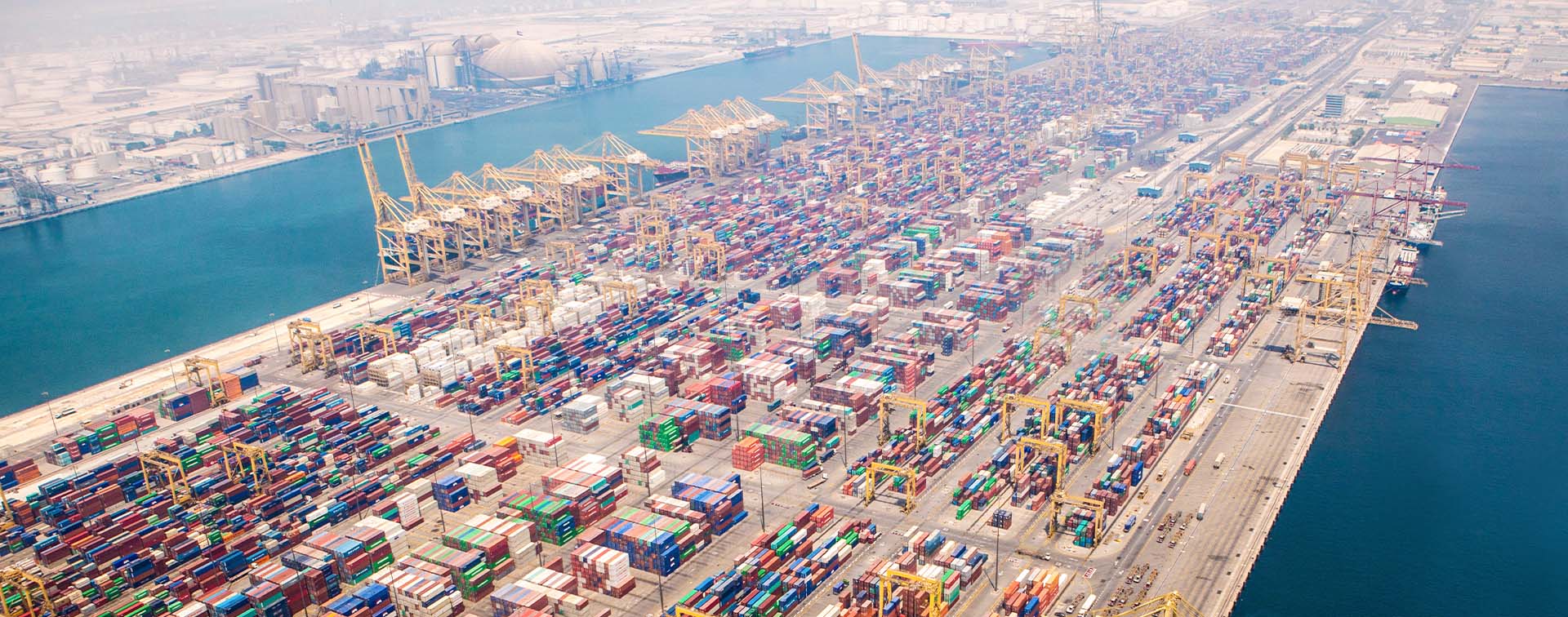
Philippe Amarante is the Managing Partner at Henley & Partners Middle East and Head of Government Advisory EMEA.
The Indian Ocean is often overlooked when considering the world’s major power centers. For much of modern history, it has been regarded primarily as a maritime thoroughfare — a route through which goods transited between distant global markets. That perception, however, is rapidly changing. The region is now emerging as a strategic and economic corridor in its own right — not merely a link between continents, but a zone of growing influence and gravitational pull on global affairs.
Several forces are driving this transformation: supply chains are being reconfigured, geopolitical alliances are shifting, and capital — especially private capital — is more mobile than ever before. At the heart of this evolving landscape are the Gulf states, notably the UAE and Saudi Arabia, which are asserting themselves as pivotal players, as evidenced by their healthy net inflows of high-net-worth individuals projected this year. This new phase is no longer just about oil — it’s about strategic influence, global connectivity, and long-term positioning on the world stage.
The Indian Ocean spans nearly 40 countries and indirectly impacts on over a third of the global economy. Long viewed primarily as a maritime conduit — a space goods pass through en route between power centers — it is now emerging as a strategic theater. Crucially, it includes the Strait of Hormuz, Bab el-Mandeb, and the Strait of Malacca, key chokepoints once understood chiefly in military terms that today are as much about trade leverage as they are about security risks.
But there is a deeper shift underway. The traditional, Atlantic-led global order is loosening, giving way to a more regionalized, multi-polar dynamic. The Indian Ocean is not merely rising in relevance, it is becoming a focal point for action and ambition. Trade routes are being recalibrated in the wake of Covid-19 and the war in Ukraine. South–south trade is gaining real traction, and sovereign wealth funds are evolving from passive capital holders into proactive instruments of influence and change.

The Gulf countries, especially the UAE and Saudi Arabia, are executing a highly deliberate metamorphosis. They are rebranding, no longer positioning themselves solely as resource exporters, but as orchestrators of capital flows and mobility. Dubai’s Jebel Ali Port and Abu Dhabi’s Khalifa Port are more than logistical powerhouses, they are strategic statements. When viewed alongside the expansive global reach of multi-national logistics firm DP World, a clear and intentional economic playbook begins to emerge.
Saudi Arabia’s Vision 2030 is central to this shift. It is not simply a diversification agenda, it is a concerted effort to turn geography into leverage. The Red Sea, for centuries seen as a historical coastline, is being reframed as a vital artery for future industry and commerce. Just as important is the regulatory dimension: golden visas, free zones, and tax incentives are core instruments in a broader strategy. These frameworks form the legal infrastructure underpinning these countries’ strategic approach and long-term vision.
India’s role in the evolving Indian Ocean landscape should not be underestimated. Guided by its SAGAR (Security and Growth for All in the Region) doctrine and initiatives such as the India–Middle East–Europe Economic Corridor (IMEC), announced at the 2023 G20 Summit, India is taking a more proactive role. IMEC represents a bold alternative to China’s Belt and Road Initiative, a corridor that runs from Mumbai through the Gulf and into Europe. It is infrastructure as geopolitical chess — connecting not just markets, but influence.
On the African front, East Africa and Indian Ocean island nations like Mauritius are gaining relevance not through scale or hard power, but through stability and service. Mauritius, for instance, offers a dependable regulatory and legal environment, complemented by well-structured residence programs that appeal to global investors and entrepreneurs. These states are not competing to become superpowers, they are positioning themselves as indispensable nodes for capital, talent, and mobility. In today’s fluid global order, usefulness in itself is a strategy.
This story is not only about governments or infrastructure, there is also a human element, and the capital they move. Wealth today is mobile. High-net-worth families, business owners, and entrepreneurs are looking to the Indian Ocean region as a hedge — not merely as an investment destination, but as a place to live, build, and preserve long-term value.
The UAE continues to lead the global ranking for net inflows of high-net-worth individuals, and the reasons are clear — zero income tax, a world-class financial ecosystem, and political stability make it an attractive base for wealth preservation and strategic planning. Mauritius, too, is seeing increased interest from Indian, South African, and European investors — not only for its lifestyle advantages, but also for insulation against geopolitical or regulatory shocks elsewhere.
These are not reactive or emotional moves. They are calculated decisions rooted in long-term thinking. As capital controls tighten and economic sentiment turns cautious in many parts of the world, people start looking for options. Increasingly, those options are pointing south and east. Wealth is flowing towards jurisdictions that offer certainty, optionality, and control.
For globally minded investors, whether institutional or private, the Indian Ocean corridor presents a compelling, multi-dimensional opportunity. While traditional sectors such as ports, energy, and manufacturing continue to play a prominent role, the region’s investment potential extends well beyond these pillars.
Infrastructure remains a central theme, particularly as Gulf sovereign wealth funds increasingly co-invest with global partners across strategic projects. Green energy and transition-focused projects are gaining momentum, from hydrogen production in Oman to large-scale solar corridors in India, positioning the region at the forefront of green energy development. Digital infrastructure is also rapidly evolving. Undersea cables, fintech hubs, and data centers remain under-capitalized relative to their growth potential, , offering long-term upside in an increasingly connected and digital-first world.
Real estate is another key entry point, particularly in jurisdictions linked to residence or citizenship programs. While often framed as lifestyle assets, these properties frequently serve more strategic purposes, offering enhanced mobility, regulatory flexibility, and portfolio de-risking in an uncertain global landscape.
The Indian Ocean corridor is no longer merely a transit zone. It has evolved into a dynamic global platform where strategy, capital, and ambition intersect. Its significance lies in both its geography and its purpose: how the region is being activated, leveraged, and reimagined.
What sets the corridor apart is its agility, adaptability, and ability to create opportunity out of fragmentation and complexity. From regulatory innovation to infrastructure investment, the region’s players are not simply responding to global change — they are shaping it. In a world that often feels adrift, the Indian Ocean corridor is becoming a rare locus of convergence — a place where economic intent and geopolitical energy are coming together with purpose.